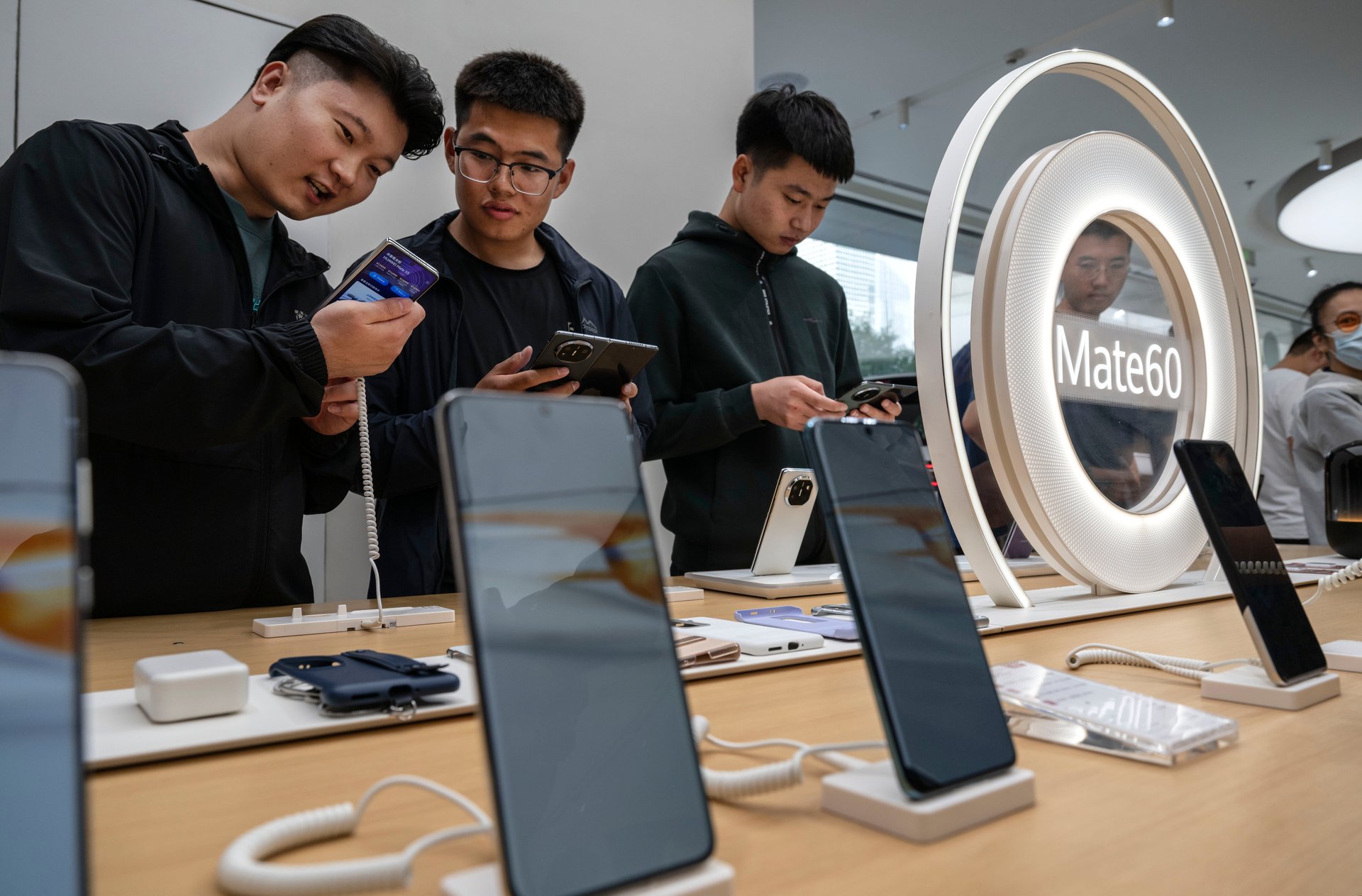China's Huawei is nearing a billion users despite U.S. sanctions
Huawei's Mate 60 Pro smartphone has boosted the company's sales, while Apple's iPhone sales have fallen in China

One of Apple’s major challengers in the Chinese market is nearing a billion active users amid ongoing U.S. sanctions on its technology.
Suggested Reading
Huawei has reached 900 million active consumer devices with the company’s Harmony operating software, said consumer chairman Richard Yu, according to Bloomberg. He added that the company’s premium smartphone sales have risen 72% in the first five months of the year.
Related Content
Since fully releasing its Mate 60 Pro smartphone series in September, Huawei has experienced a resurgence in China. In April, Huawei reported a net profit of 19.6 billion yuan, or $2.7 million, in the first quarter — up 564% from the previous year. It also reported a 37% rise in sales to 178.8 billion yuan, or $24.7 billion. Huawei has put HarmonyOS in other devices, including watches and TVs, over the years, which helped it overtake Apple’s operating system by Chinese market share in the first quarter of this year, according to Counterpoint Research.
The Mate 60 Pro is powered by the Kirin 9000s chip, which uses advanced 7-nanometer processing technology. The processor was made by top Chinese chipmaker Semiconductor Manufacturing International Corp. (SMIC). Both the smartphone and chip were considered a feat for Huawei, which has been on the U.S. trade blacklist since 2019. However, U.S. Secretary of Commerce Gina Raimondo said in April that the chip “is not nearly as good” and “years behind” advanced chips produced in the U.S.
Yu said Huawei will release a successor to the Mate 60 Pro, the Mate 70, at the end of the year, Bloomberg reported. He also said Huawei’s Ascend processors, which the company’s developing as an alternative to advanced chips from firms such as Nvidia, are 1.1 times more effective in training AI models compared to chips made by unspecified competitors.